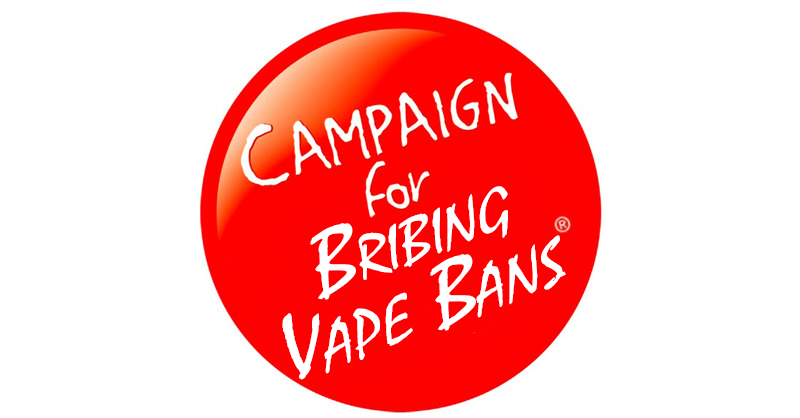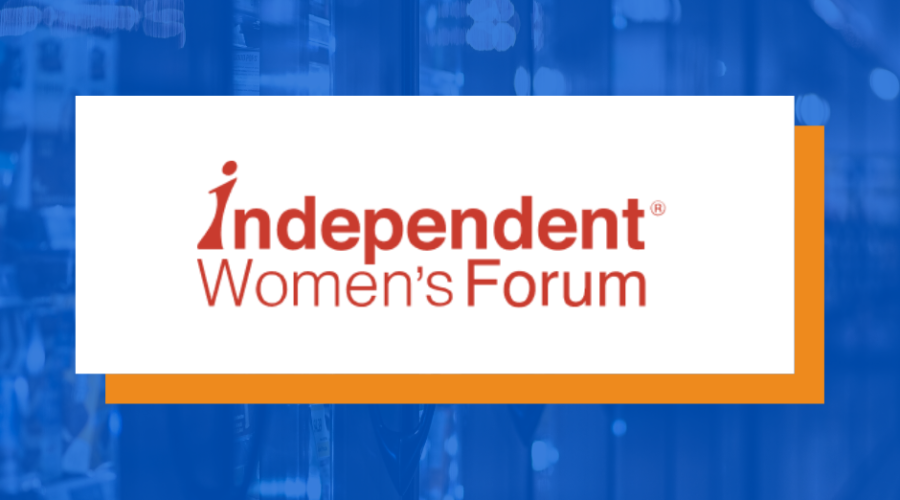Leaked: Bloomberg-funded ‘Campaign For Tobacco-Free Kids’ Global Strategy to Ban Vaping Products By Bribing Public Bodies
To people in the United States, billionaire Michael Bloomberg is most well-known as a swashbuckling former New York City mayor who blew a lot of money on an ill-fated presidential primary run.
But around the world, his network of charities and selected groups he provides with millions of dollars in grants are, for all intents and purposes, a sort of private government who influence government leaders, fund the entire salaries of public health officials, and write legislation that is then introduced into legislative bodies, including the recent example of vaping bans in Mexico and the Phillippines.
Some of these organizations are those directly chaired and controlled by Bloomberg, including Bloomberg Philanthropies, but most are various campaign groups that rely heavily on funding and guidance from the New York City billionaire, including those focused on the environment, education, public health, and general tobacco control.
According to the latest article from Michelle Minton at the Competitive Enterprise Institute, who was able to get her hands on internal documents from the Bloomberg-funded Campaign For Tobacco-Free Kids organization, the pernicious impact of the campaigns to target developing countries goes much beyond standard tobacco-control measures such as taxes, age-gating, and advertising restrictions.
Influence and Cash-Strapped Governments
Instead, there are direct payments offered to government bodies and public health officials that implement the CTFK wish-list of legislation. Because developing nations spend less on public health measures and programs than developed nations, foreign NGOs that seek specific policy measures in exchange for millions of dollars in public funding are granted immense influence.
As such, rather than actual domestic democratic demand for measures against tobacco and vaping products, including all-out bans on vaping flavors and technology, these nations pass laws in direct exchange for grants, often much larger than their own domestic department budgets. In other contexts, this would rightly be defined as bribery.
Considering Michael Bloomberg’s charities have spent nearly $700 million globally to hurry these measures into law, the long arm of the global anti-tobacco advocacy movement has already chalked up several success stories.
In government, CTFK and its partners engage in lobbying, like most other advocacy organizations, but CTFK’s strategy for influencing tobacco policy really hinges on establishing itself as an indispensable resource for regulators and lawmakers. For example, the CTFK plan lists myriad examples of support it has provided to government entities, such as assisting in lawsuits against the tobacco industry in Brazil, Peru, Uruguay, Uganda, Nigeria, and Kenya. In Panama, it notes “collaboration with the Ministry of Health of Panama who is interested in financing a regional effort” for tobacco litigation.
Michelle Minton, Exposed: Bloomberg’s Anti-Tobacco Meddling in Developing Countries
The documents outline the efforts of campaigners from CTFK to pass various tobacco control and anti-vaping measures in countries such as Brazil, China, and Nigeria, including “financial support” to ministries and government offices.
More than just government officials and health bodies, exorbitant funding is also made available to universities and media institutions, documents show, to amplify the core messages and aims of CTFK.
The Smokescreen
Rather than advocating for general tobacco control measures, a good portion of CTFK’s campaigns has focused on banning or severely restrict harm reducing technologies such as vaping, especially in developing countries such as India, the Phillippines, China, Brazil, Peru, Uruguay, Uganda, Nigeria, Kenya, and more.
Diverting from their mission of truly “tobacco-free kids,” Bloomberg’s connected organizations have instead used their influence to zero in on innovative and novel technological vaping products that deliver aerosolized nicotine and have nothing to do with tobacco.
Instead, organizations like Campaign for Tobacco-Free Kids have used powerful rhetoric on the need to eliminate smoking as a literal smokescreen for eliminating or severely restricting all non-combustible nicotine alternatives, including vaping devices, heat-not-burn devices, nicotine pouches, and more.
Considering the demonstrated health potentials that come with endorsing nicotine-delivery alternatives as a means to quit smoking, as is recommended by relative health ministries in the United Kingdom and New Zealand, the hundreds of millions of dollars spent to undermine these efforts in developing countries with relatively high smoking rates should be a scandal of epic proportions.
But, alas, those headlines are far from prominent. Instead, we have multiple policy victories that restrict consumer choice and access to alternatives without much regard for actual public health.
Achieving True Public Health
What makes these revelations most startling is that there is no room for nuance on whether innovative new vaping devices and other alternatives, which do not contain tobacco, should be considered tobacco products. Organizations such as the Framework Convention on Tobacco Control, an organ of the World Health Organization, say they are no different.
But they’re wrong. The growing compendium of academic studies and government reports demonstrating that vaping is 95% less harmful than combustible tobacco speaks to that.
The fact that millions of people have been able to quit smoking by using nicotine vaping devices should be a testament enough to how the market can deliver solutions for public health, not to use a cudgel to hamstring and deny developing nations the real opportunity they have to improve and save the lives of millions of their citizens.
But as noted by Minton at the Competitive Enterprise Institute, “the strategy of CTFK and the wider Bloomberg-funded anti-tobacco effort appears aimed at winning policy battles and passing laws with little consideration of whether they result in actual reductions in smoking or improvements in health.”
If this is the face of the modern tobacco control movement, then we know that public health is not actually their goal.


